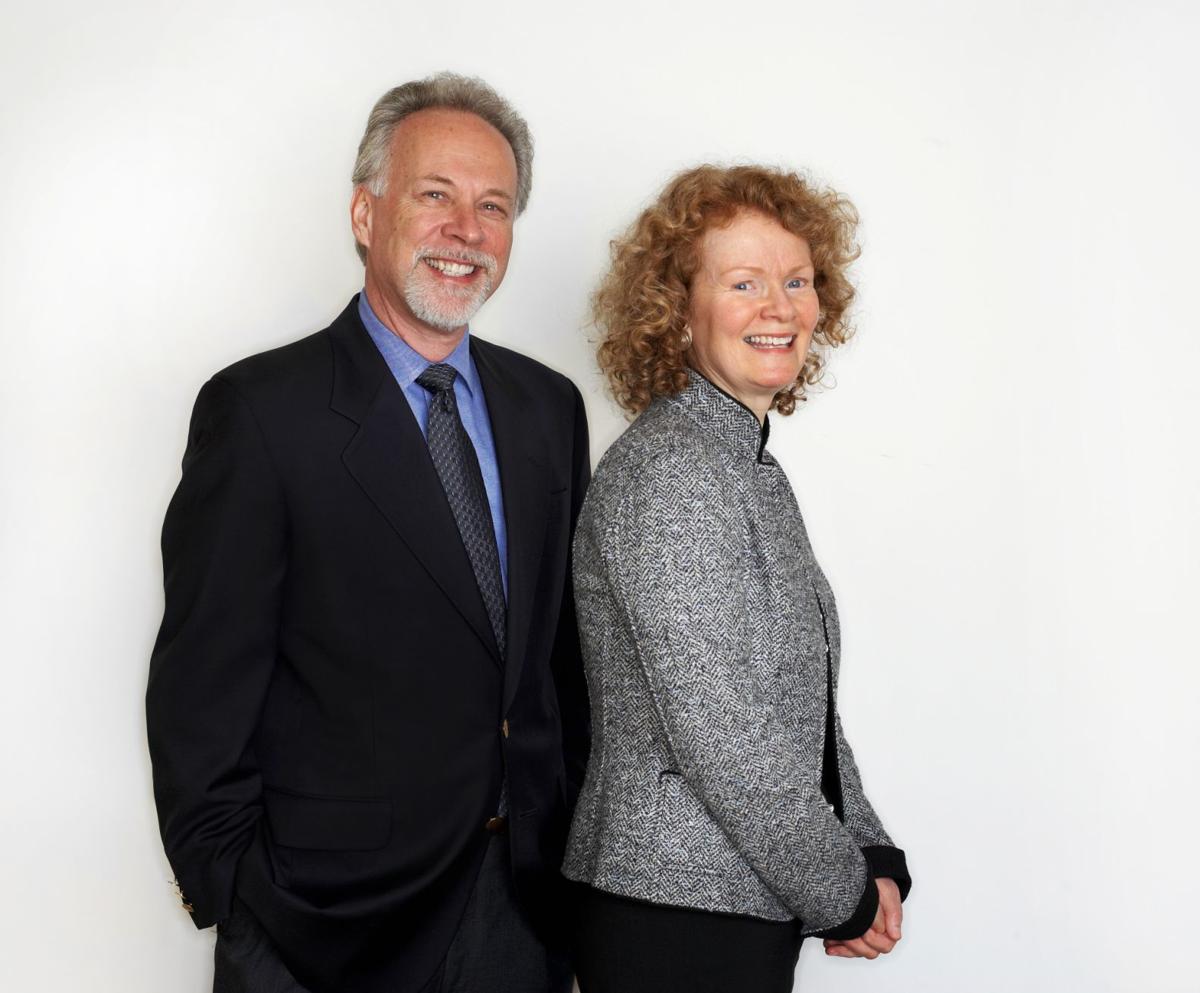Dear Jeanne & Leonard:
My alma mater recently launched a major fundraising campaign, to which I agreed to make a substantial bequest. In response, the president of the university wrote me a very nice thank-you letter. Included with his letter, however, was a document that clearly came from my file in the development office, a document that had been enclosed by mistake. Among other things, this enclosure contained an actuarial projection of my life expectancy (i.e., it indicated the number of years the university expected to have to wait before receiving its inheritance from me). I realize why the development office would want to estimate when particular bequests are likely to arrive, and I was amused, not offended, by the enclosure. All the same, I would have preferred not to know that my beloved alma mater has in mind a specific date by which they expect me to expire. Should I let the development office know that this mistake occurred? I don’t want to get anyone in trouble.
— Janice, Massachusetts
Dear Janice:
At least they didn’t enclose an annotated copy of your student health records indicating which vital organ they expect to fail first.
But to answer your question: Maybe someone at the school should take some heat for what happened. Your alma mater relies on alumni who think fondly of their old school to make generous contributions, and it’s hard to think fondly of circling vultures. Our advice: Forget about contacting the development office; write to the president of the university and let him know what happened. He’s the one whose letter seemed less sincere because of the unfortunate enclosure, and he will know exactly what to do about it.
Dear Jeanne & Leonard:
When the lawyer who was handling the preparation of my will died unexpectedly, a good friend referred me to the attorney who’d helped him with his will. While I was satisfied with this attorney’s work, he charged me a ridiculously high fee for preparing what is basically a routine document. I’ve refused to pay the bill, and I assume we’ll eventually reach some sort of compromise. What really bugs me, though, is that my friend who recommended this guy has washed his hands of the problem. All he’s said is that his lawyer never overcharged him and that he feels bad about what happened. But that doesn’t seem like enough. What’s your opinion?
— Steaming, Florida
Dear Steaming:
What do you want your friend to do? Pay part of the bill? Look, your buddy did you a favor by providing you with the name of a lawyer when you needed one. But that kind of favor doesn’t come with a guarantee of satisfaction. Unless you believe your friend got a kickback — and it doesn’t sound as if you do — you have no reason to be angry with him.
So take it easy, Steaming. It’s time to cool off.
Dear Jeanne & Leonard:
A friend recently bought me a coffee drink at Starbucks, which was very nice of her. But I noticed she didn’t leave a tip for the barista. Under the circumstances, would it have been OK for me to put something in the tip jar myself? I wound up doing nothing, but I felt bad about it.
— P.G., San Antonio
Dear P.G.:
Don’t feel bad, feel good. You made the right call. Had you tipped the barista after your friend did not, it could well have played as a criticism of her. And your friend did nothing wrong. Even though plenty of people leave tips when ordering and picking up coffee drinks at a counter, there’s no need to do so (baristas aren’t waiters and waitresses). If tipping’s your pleasure, though, and you’re again being treated to coffee, you can always say, “Let me get the tip,” at the moment the person offers to pay. But to have left a tip after your nice friend had put away her wallet would have been to suggest that in paying for your coffee, she hadn’t done quite enough.





